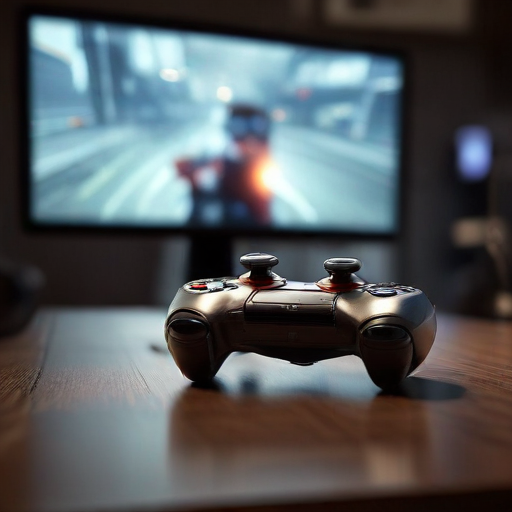Marvel Rivals is setting out to transform the hero shooter genre with its intricate characters and unique synergies. However, the game appears to have overly focused on mirroring Blizzard’s Overwatch, losing sight of its unique strengths. The character roster, while extensive, suffers from a lack of balance and distinctiveness when compared to established heroes.
After multiple gameplay sessions, players might find themselves getting accustomed to Captain America’s skills, which admittedly function better as a damage dealer than a traditional tank. A notable moment occurs when players attempt to utilize his mobility skills, akin to a leap-and-crash move. Unfortunately, this can lead to unpredictable outcomes, with the character often launching in the wrong direction and facing untimely defeat.
Marvel Rivals marks NetEase’s inaugural venture into the hero shooter realm, and while it boasts intriguing complexity, the execution can often feel haphazard. The game features an impressive array of nearly 33 characters—ranging from beloved icons like Loki and Scarlet Witch to lesser-known figures like Squirrel Girl and Peni Parker—but struggles with balance issues, cross-character mimicry, and underdeveloped ideas.
A narrative aspect exists, centered around a Timestream Entanglement that brings various Marvel universes together to combat the twisted designs of two Dr. Dooms. However, the story merely serves as a framework for the battles, with limited comic-based content providing only superficial engagement with Marvel lore. As it stands, the game feels more like a collection of diverse characters than a coherent experience.
In terms of gameplay, while the resemblances to Overwatch are unmistakable, only some similarities are acceptable. While certain match types are typical in many competitive multiplayer games, Marvel Rivals could benefit from innovative modes tailored to its rich superhero legacy. The game’s role system classifies characters into familiar types but doesn’t offer enough originality to set it apart from its competition.
Another area of concern is the uneven character designs. Although some heroes offer sophisticated skill sets reminiscent of MOBA gameplay, inconsistency in balance is prevalent. Instances are highlighted where characters share abilities or have moves that feel disproportionately powerful in context.
Moreover, various quality-of-life issues hinder the overall experience, with ambiguous indicators for character skills making gameplay frustrating rather than engaging. Despite these obstacles, the core concept of Marvel Rivals shows merit, and with careful adjustments, it has the potential to establish itself as a worthy entry in the crowded hero shooter market.
Encouragingly, while the game may launch with several issues, NetEase has the opportunity to refine and enhance the gameplay experience over time. With patience and dedication, Marvel Rivals could emerge as a beloved hero shooter, embracing its own unique identity in the genre.
In summary, while Marvel Rivals faces significant challenges at launch—ranging from balance issues to gameplay frustrations—the foundation laid out has considerable potential. With the right adjustments and a focus on its identity, there is hope for this title to evolve into a rich and satisfying experience for fans of the superhero genre.
